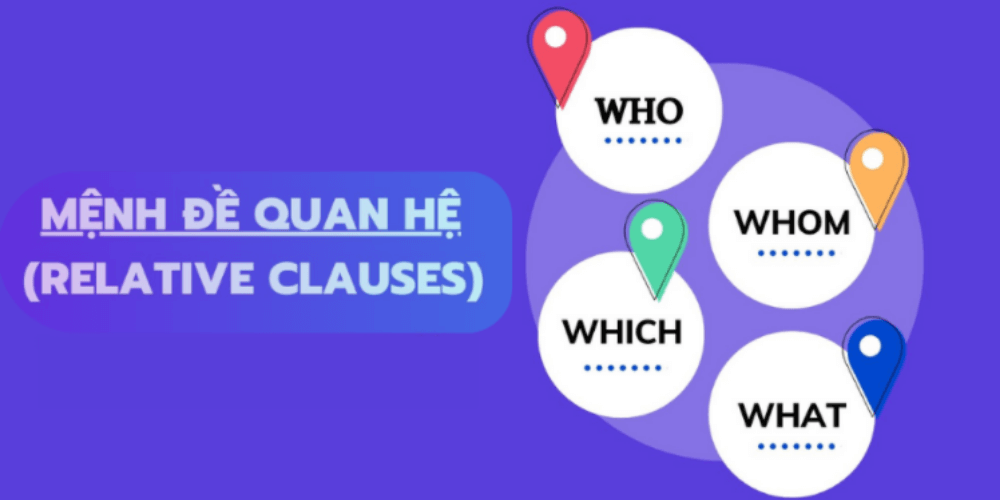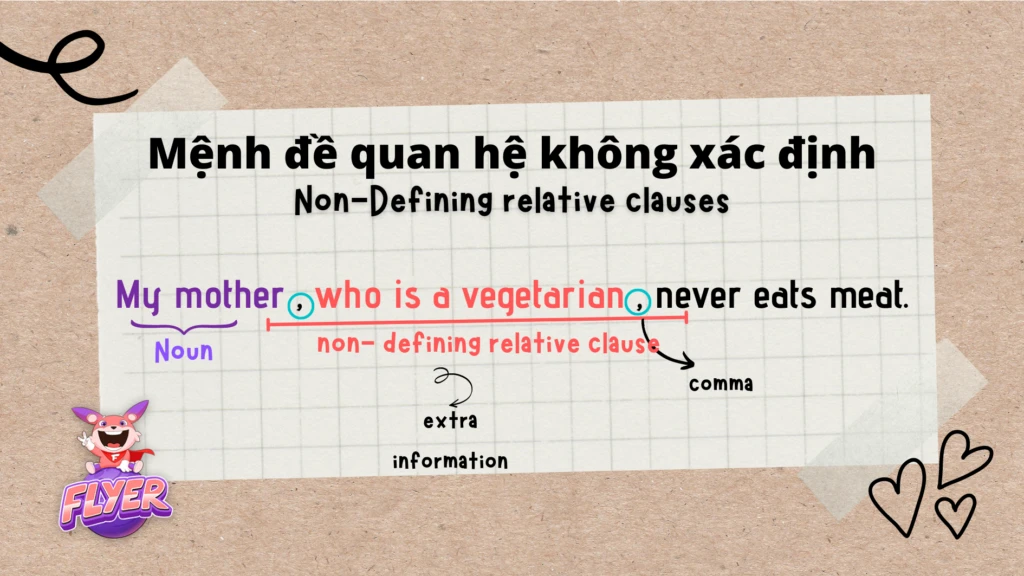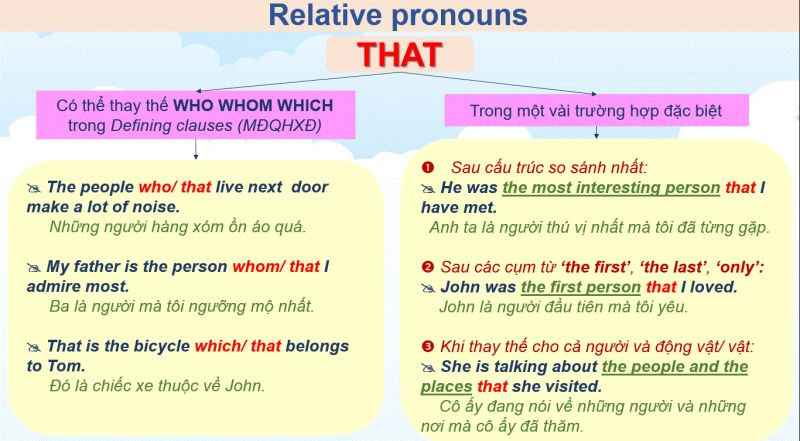Relative Clauses and How to Use "Who," "Which," and "That" in English

Relative clauses are an important part of building rich and clear sentences in English. They help us describe and define a person, thing, or idea in more detail. In English grammar, "who," "which," and "that" are often used to introduce relative clauses.
1.Relative Clauses with "Who".
"Relative clauses with 'who'" are often used when referring to people. It is often placed after a noun and helps describe the person or group of people associated with that noun.
For example:
- This is the teacher who inspired me to love literature. (This is the teacher who inspired my love of literature.)
- The woman who lives next door is a doctor. (The woman who lives next door is a doctor.)

2.Relative Clauses with "Which".
"Relative clauses with 'which'" are often used when referring to things or entities other than people. It helps clarify information about the thing, object, or idea to which the relative clause connects.
For example:
- The book, which was published last month, has become a bestseller. (The book, published last month, became a bestseller.)
- The car which is parked in front of the house belongs to my brother. (The car that is parked in front of the house belongs to my brother.)
3.Relative Clauses with "That".
"Relative clauses with 'that'" can be used both when referring to people and things. "That" is often used in situations where sentences need to be simplified or when talking about people or things that do not need to be identified in too much detail.
For example:
- The house that Jack built is now for sale. (The house that Jack built is now for sale.)
- The dog that barked all night belongs to the Smiths. (The dog that barked all night belongs to the Smith family.)

Important Note:
"Who" is often used for people, while "which" and "that" are often used for things and ideas.
"That" can replace both "who" and "which" in many cases, but cannot be used in non-defining relative clauses.
Relative clauses with "who," "which," and "that" are an important part of writing and understanding English. When used properly, sentences will become clearer and more meaningful, helping readers better understand the information being communicated.

